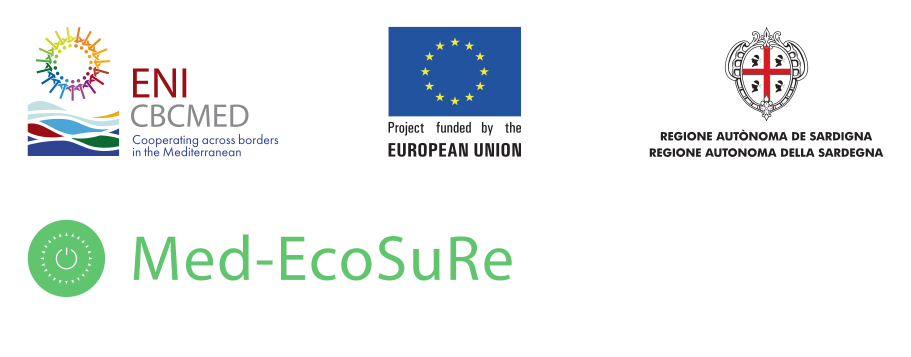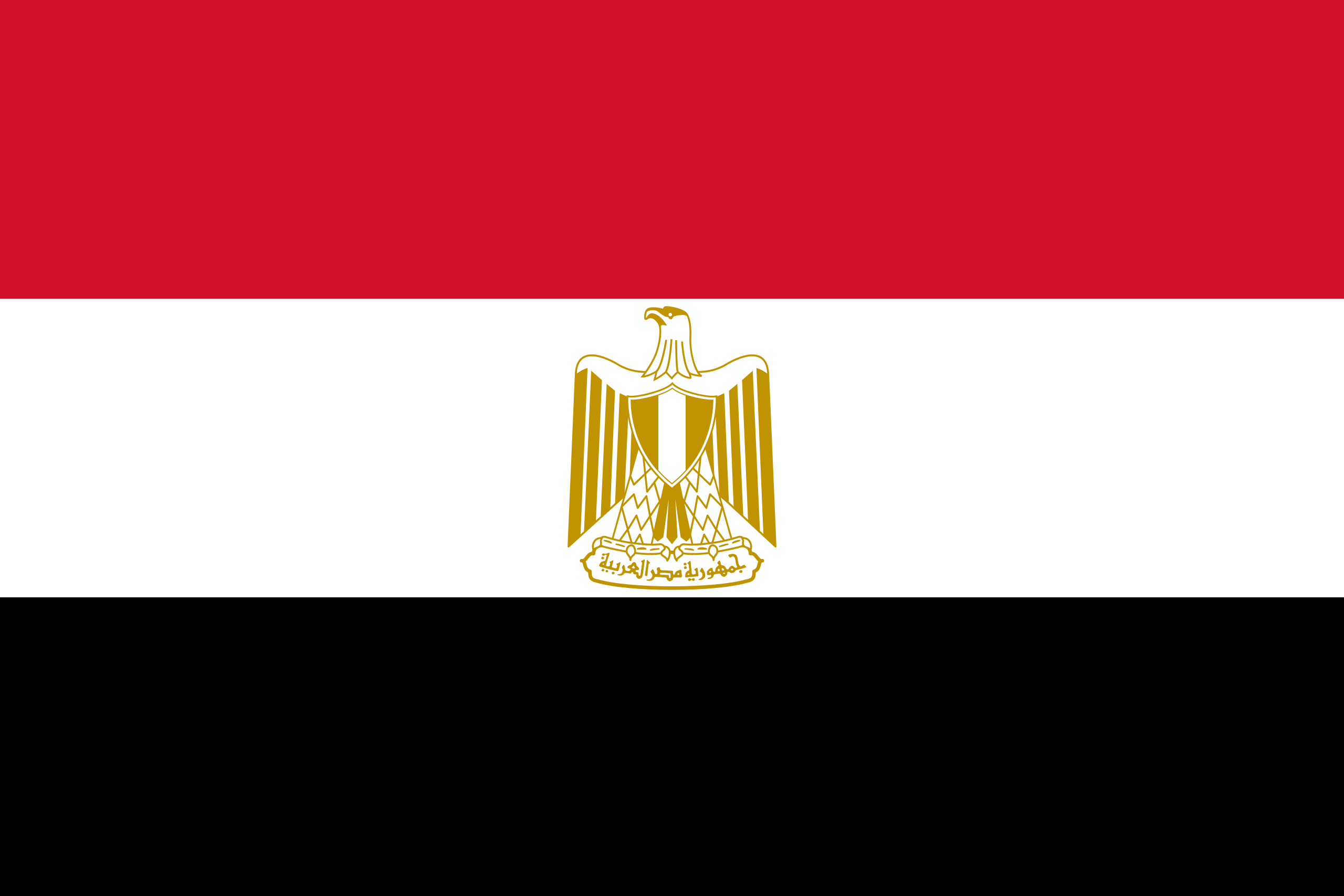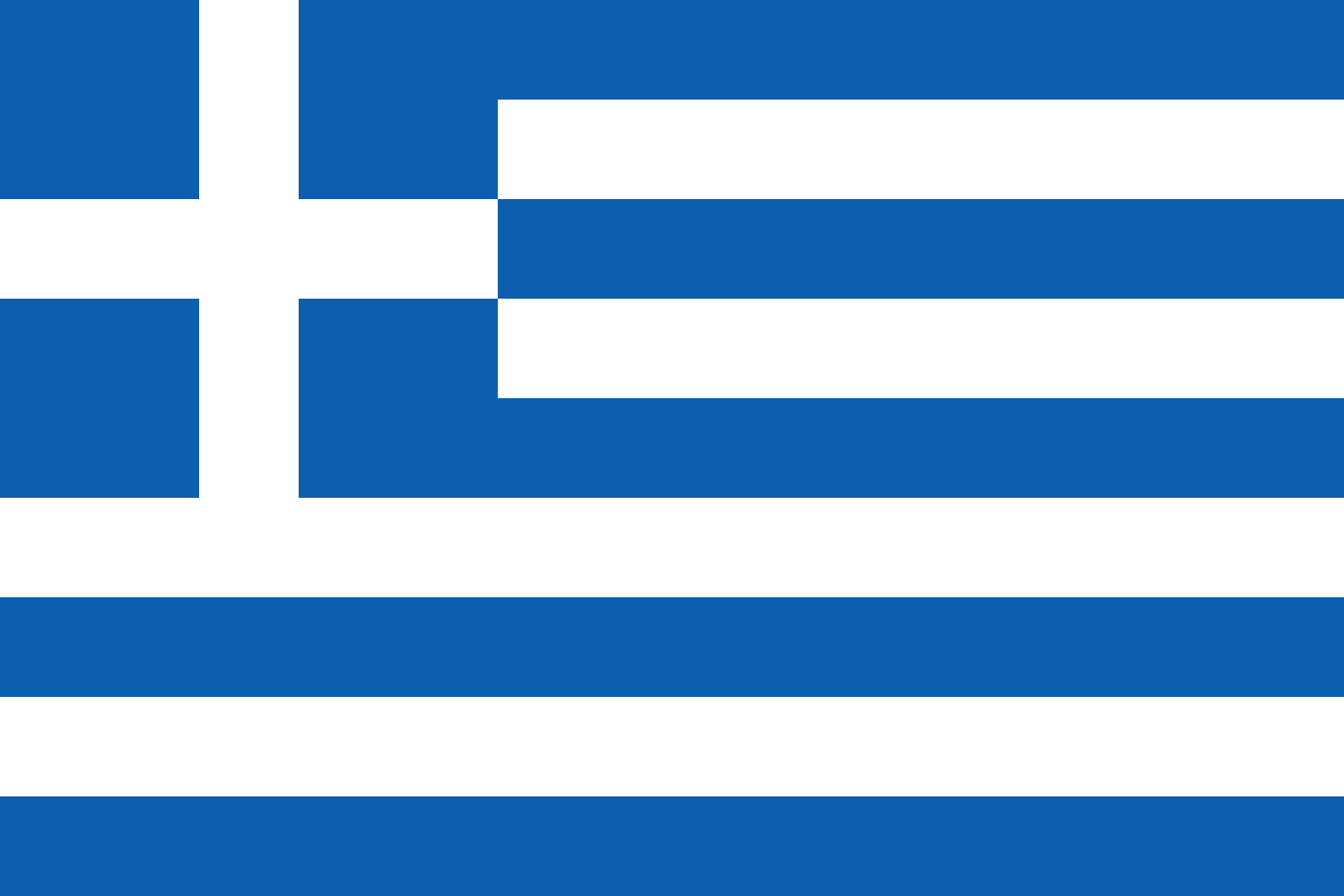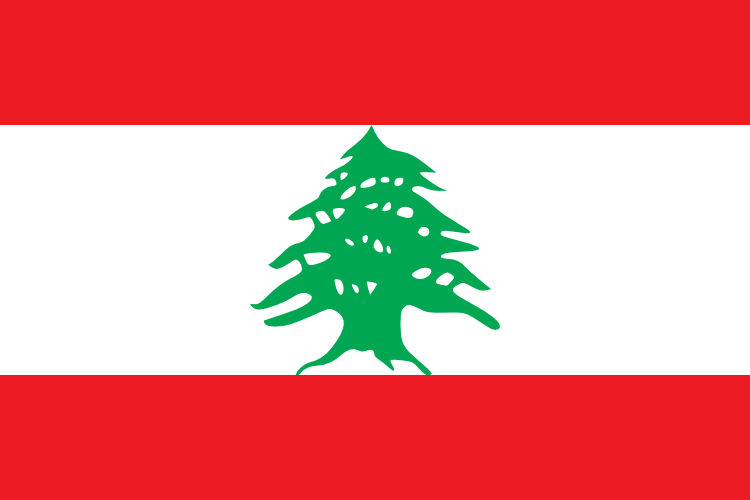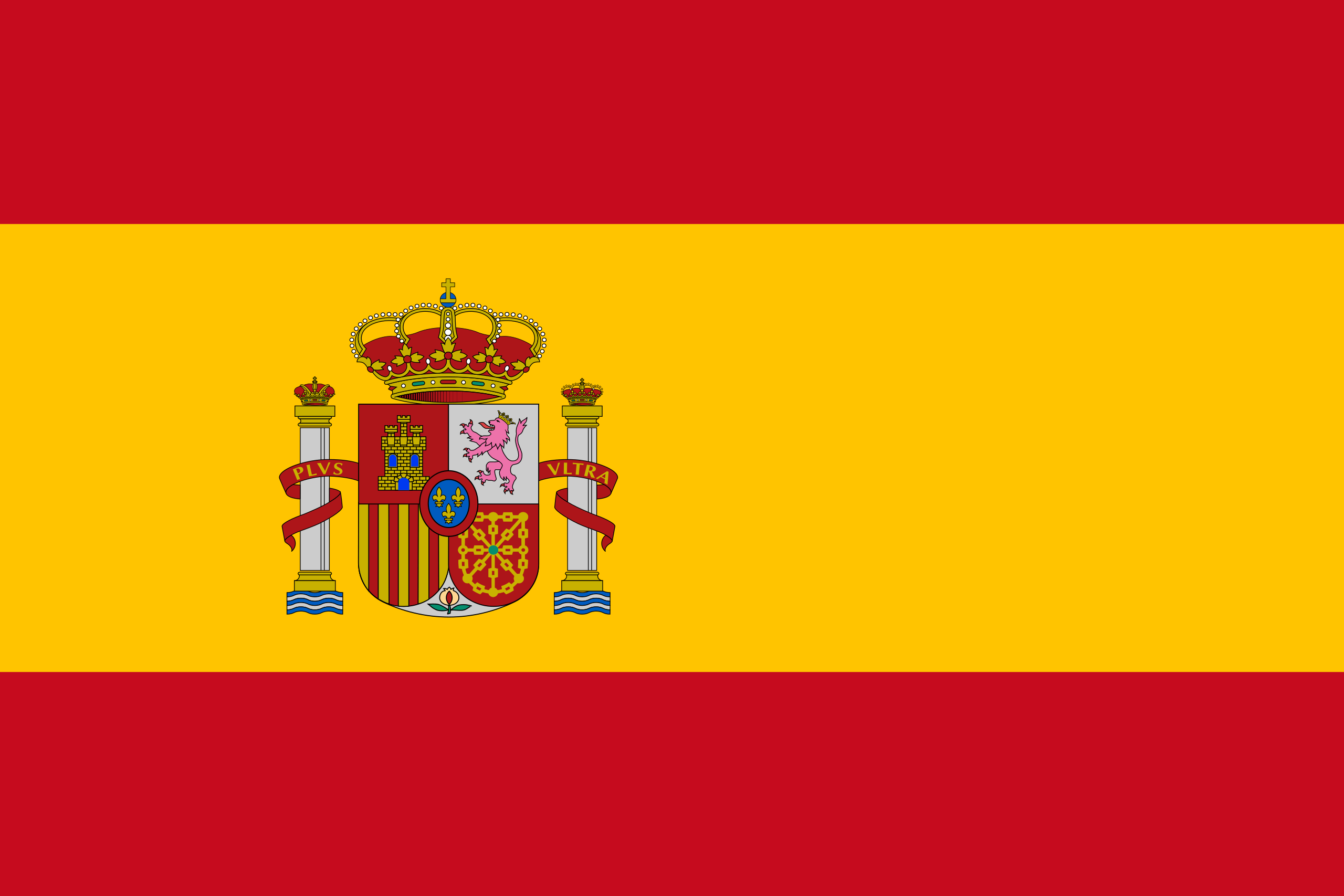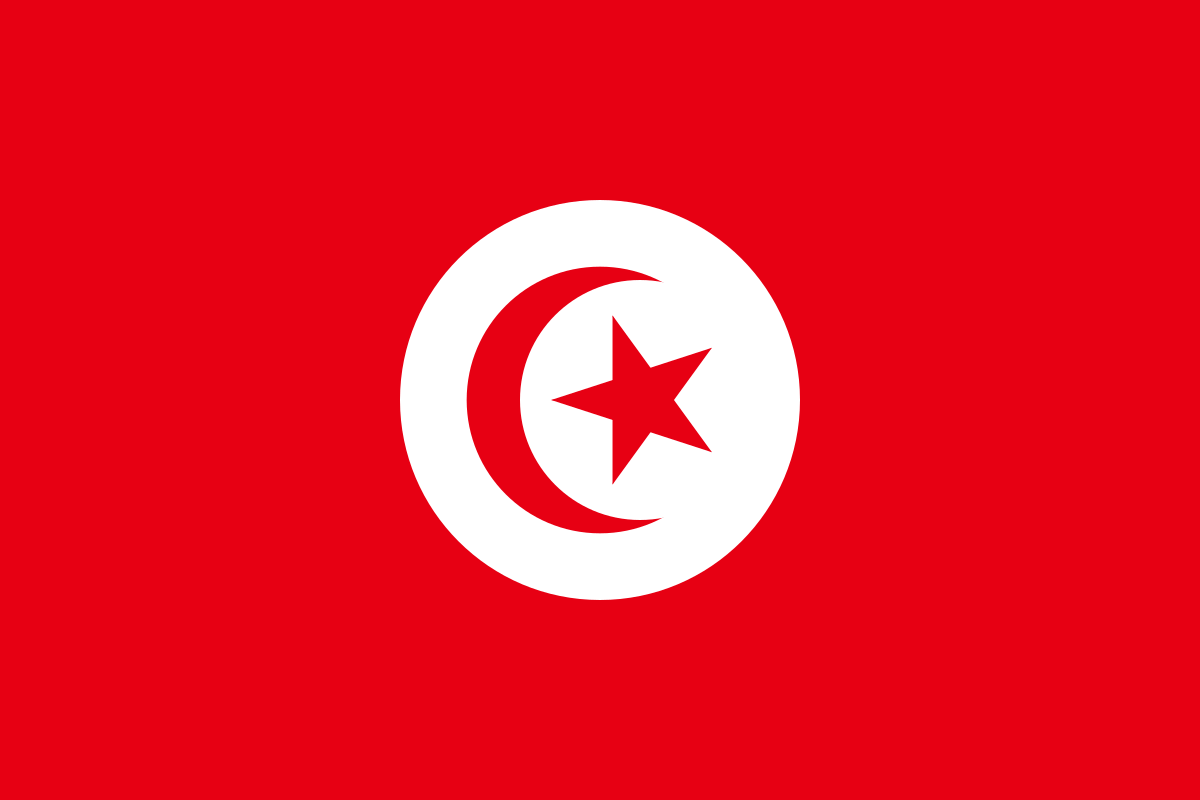
Tunisia Pilot
Based on the IMPULSE project methodology, the project team in Tunisia listed the public buildings proposed by the municipality of Bizerte based on the available data. In fact the municipality of Bizete did benefit from the national program Alliance of Local Councils for Energy Transition (ACTE)”, implemented by the National Agency for Energy Management, and performed an audit of 27 buildings. The pilot building selected, the Bizerte city hall has undergone an in-depth audit and is characterized by other important criteria which are historical and with social impact. The building is the city’s landmark and represents a hertitage that allows a significant replicability of the studies and actions. Bizerte city hall is a two floor building of 1640 covered squaremeters with an “arabisance” style, built in stones and having walls with a thickness of 65 cm. It is one of the most energy consuming buildings with 58830 kwh/year and 14,41 TEP .
The objective and associated planned actions are :
1 – Meetings : To assist the Municipality of Bizerte in the identification of the most appropriate tools and methodologies proposed by the SEACAP 4SDG project on the basis of an evaluation grid and taking into account the needs of the municipality. These meetings will be organized with the identified members of the the Living Lab in Tunisia.
2- Data analysis : Build the capacity of the municipality’s representatives to evaluate and plan the planned energy management measures. This is done based on the analysis of the energy consumption of the building identified as case study and using the selected tools and methodologies.
3- Evaluation of the proposed actions : according to the identified constraints, conduct a feasibility study of some proposed measures from a legal, financial and economic point of view, identifying possible sources of financing and the risks associated with the planned investment.
Example of actions that are already identified and planned by the expert team:
– 1 meeting to finalize the identification of the Living Lab members
– 2 training workshops on the two identified relevant tools of SEACAP for the municipality
– 1 awareness-raising workshop on users’ energy behaviors in buildings through the implementation of dedicated “green nudges”.
4- Roadmap for the implementation of the proposed actions : Develop a rehabilitation roadmap in collaboration with the members of the LivingLab for the identified buildings that defines :
– the priority energy management measures to be implemented, while using the selected tools/methodologies;
– an implementation schedule and an estimate of the expected energy savings as well as the potential for replication and scaling of these measures.
– a plan for the involvement of key stakeholders in the implementation of the energy management measures.
The 2 Reference Project outcomes used are the following:
– IMPULSE PLUS KPIs-processor’s PLUG-IN for automated hierarchy of public buildings to be renovated annually after having selected the pilot buildings.
– MED-ECOSURE decision aid tool developed for the planning and optimization of the retrofit process in university buildings: calculator
Description


